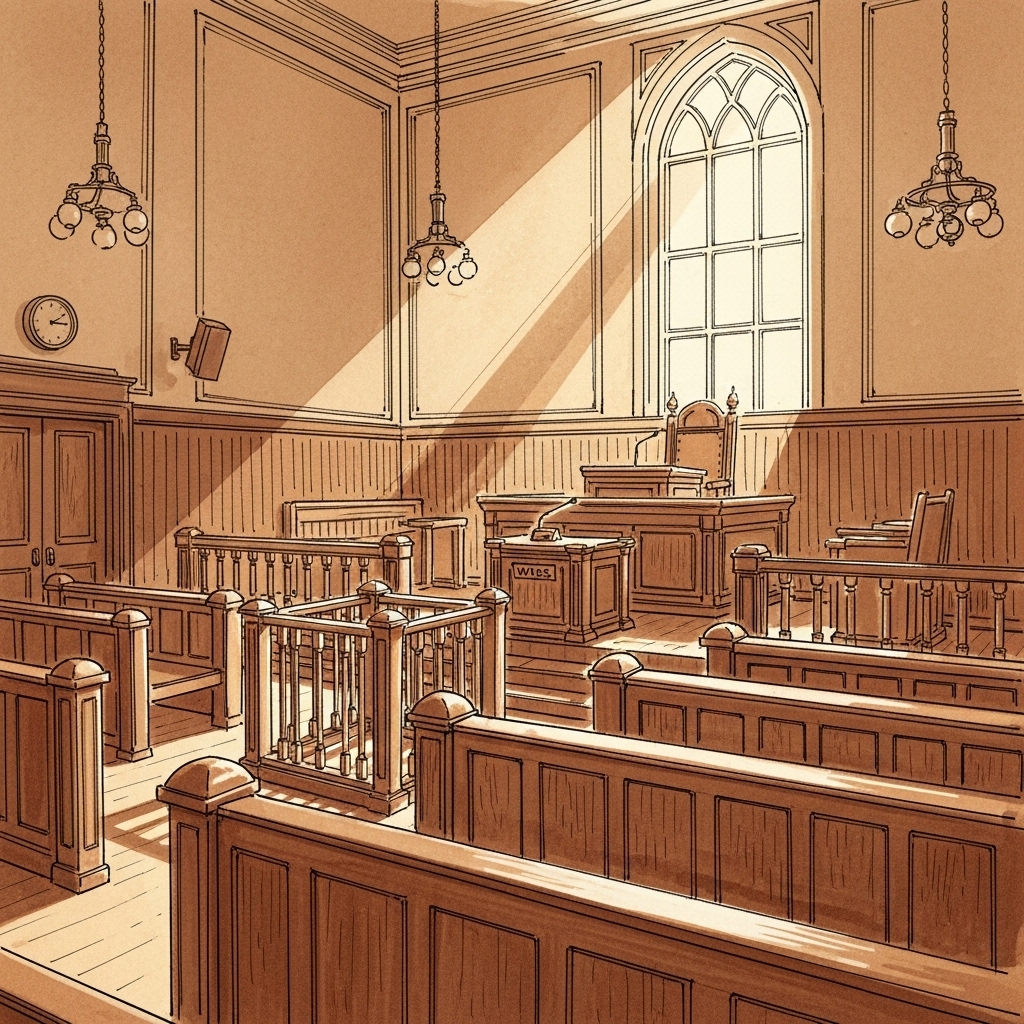🗓️ October 21, 1988 — Verdict in the Assassination of General VaidyaThe sentencing of Harjinder Singh and Sukhdev Singh for assassinating the general who led Operation Blue Star.

In a Pune courtroom, the final chapter of a painful saga unfolded, echoing the tragic events of 1984 that scarred the Sikh psyche. On this day, a special court sentenced Harjinder Singh Jinda and Sukhdev Singh Sukha to death for the assassination of General Arun Vaidya. Two years prior, they had targeted the retired Army Chief in Pune as retribution for his command of Operation Blue Star, the 1984 military assault on the Darbar Sahib (Golden Temple) complex. This verdict was more than a legal judgment; it was a deeply polarizing event in a decade of turmoil. For the Indian state, it represented justice for a high-profile assassination. For many Sikhs, however, the actions of Jinda and Sukha were seen as a response to the profound trauma and perceived injustices of 1984, making the trial a symbol of the community's ongoing pain. This story serves as a stark reminder of how cycles of violence are born from unresolved conflict. It prompts us to consider the heavy price of retribution and the difficult path toward healing after immense historical wounds.
|